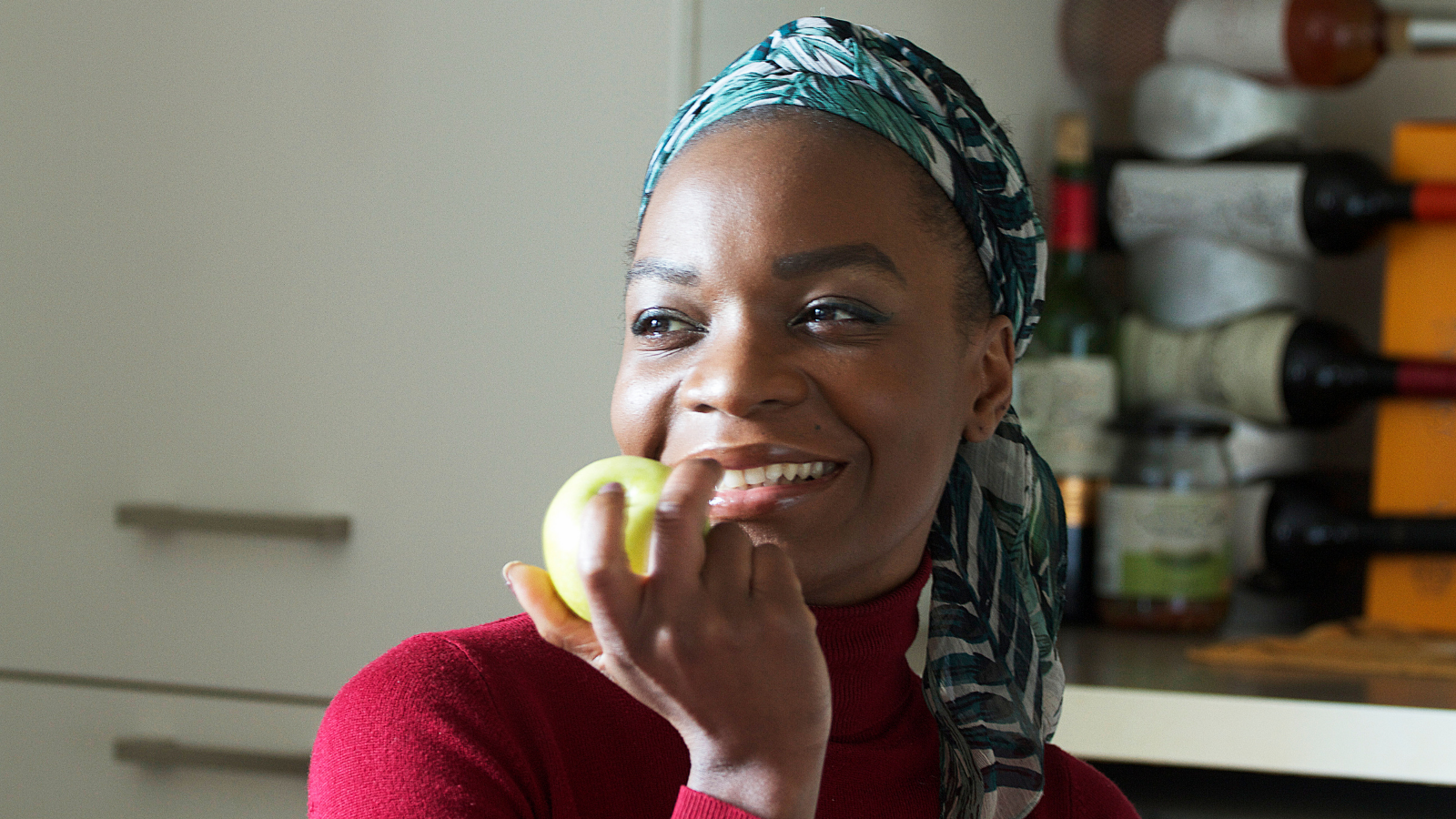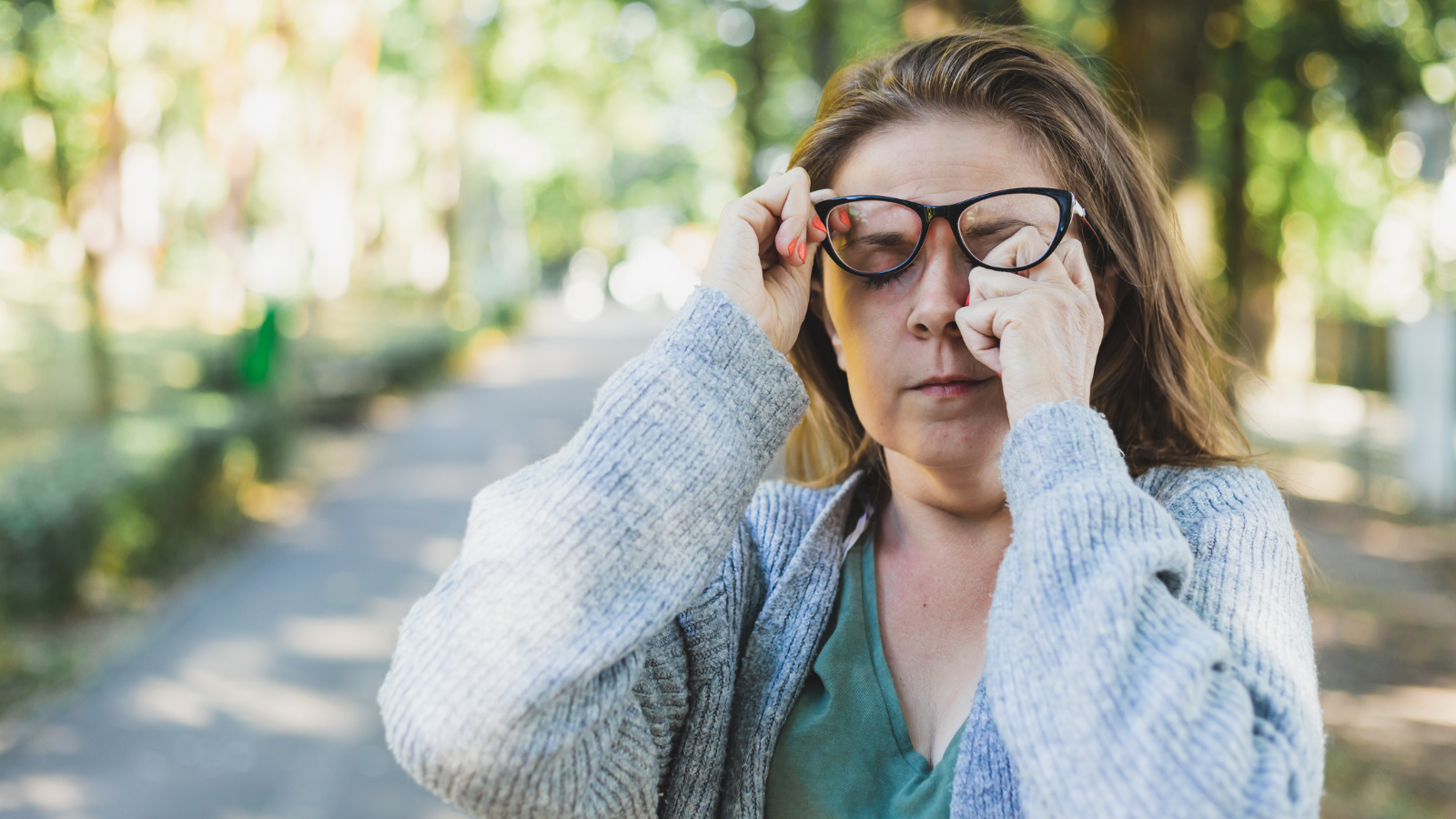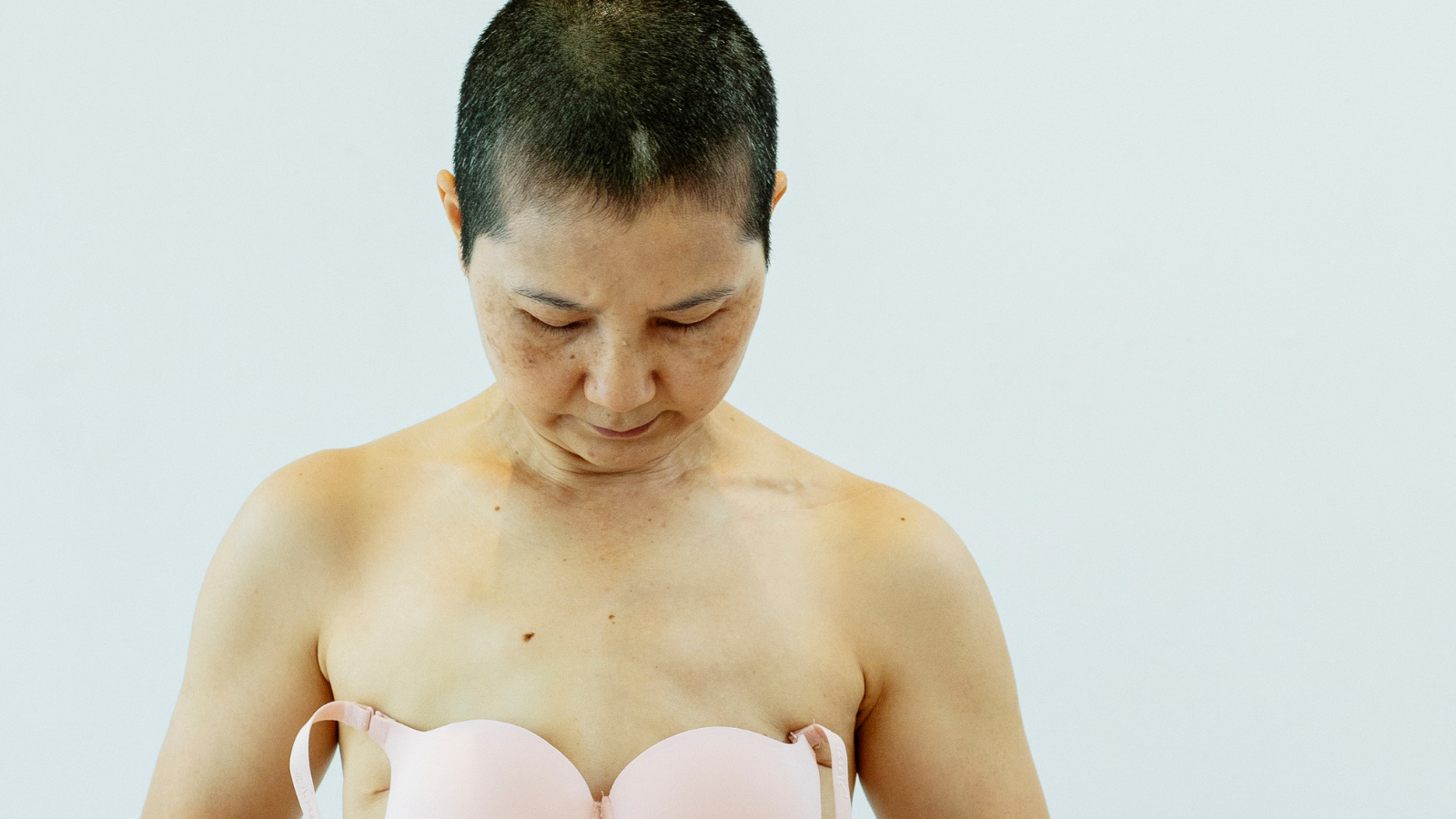
Authors:
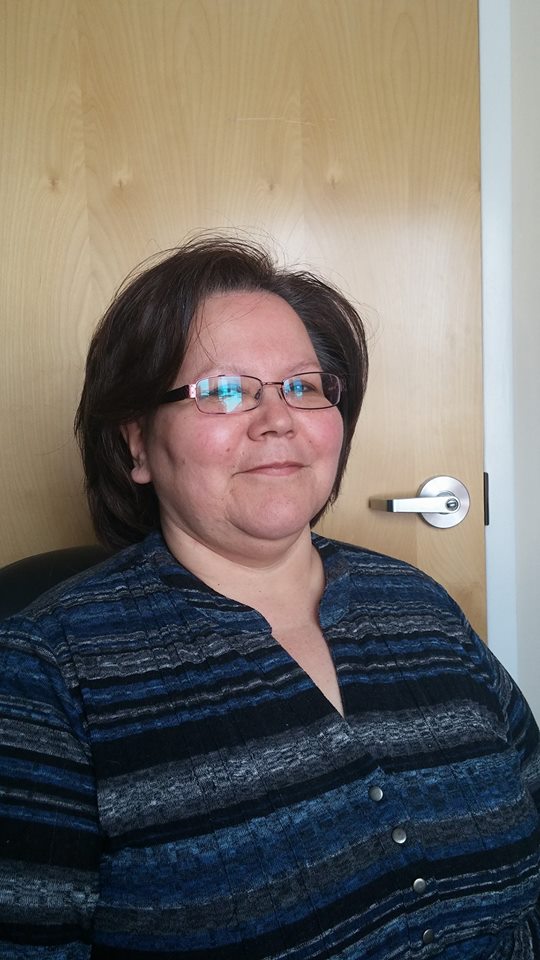
Peggy Dick, RN 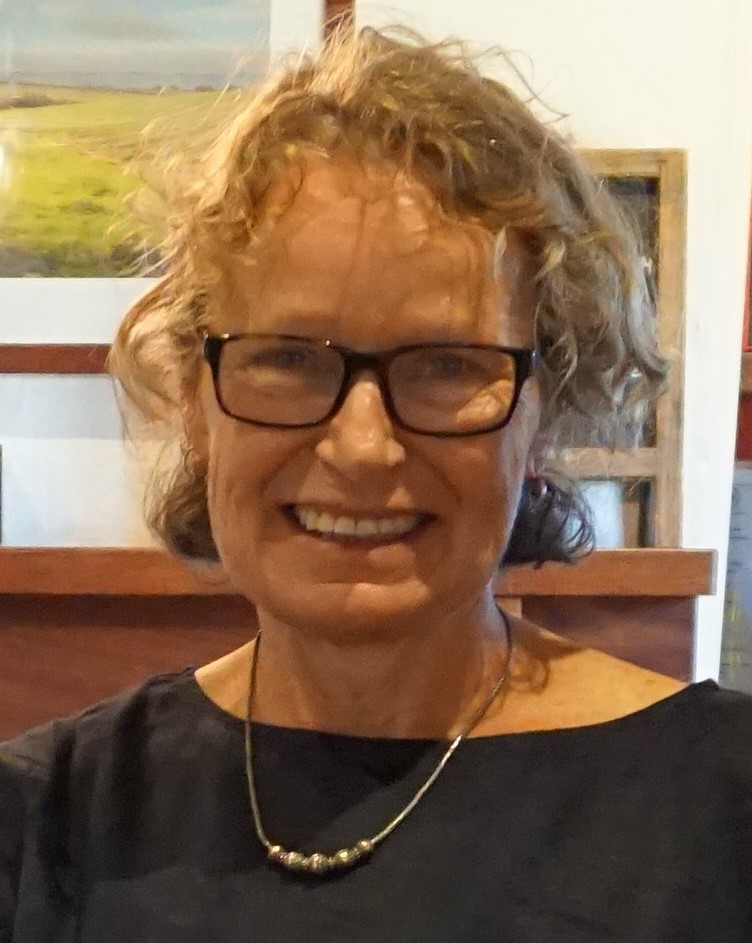
Dr. Wendy Gifford, PhD, RN 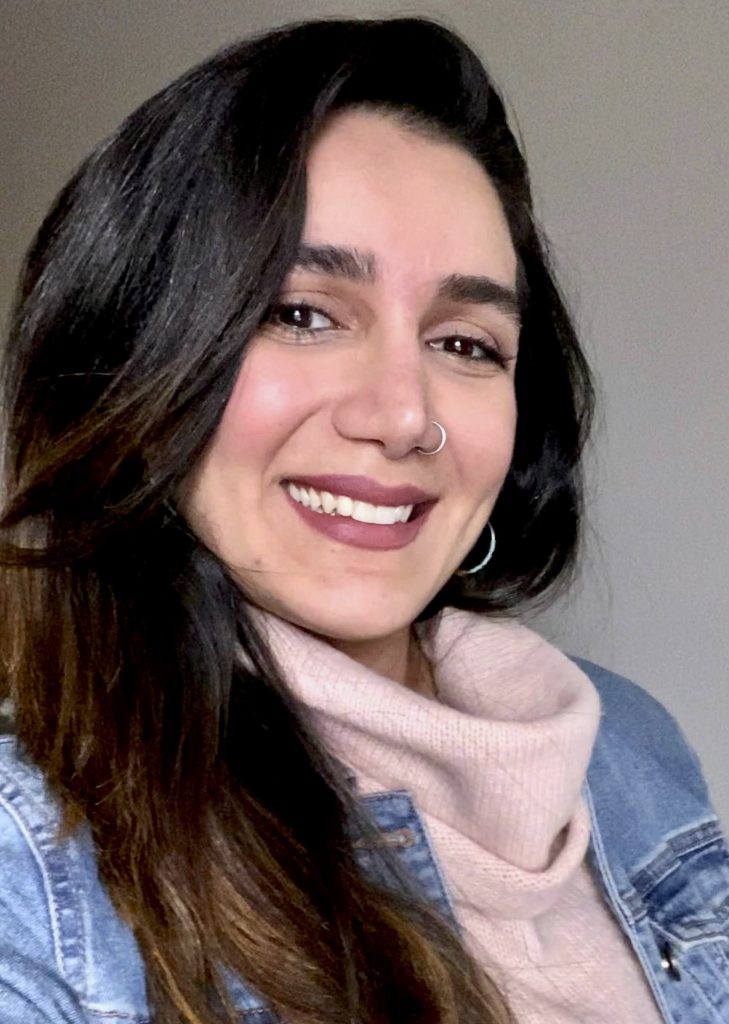
Shokoufeh Modanloo, PhD, RN 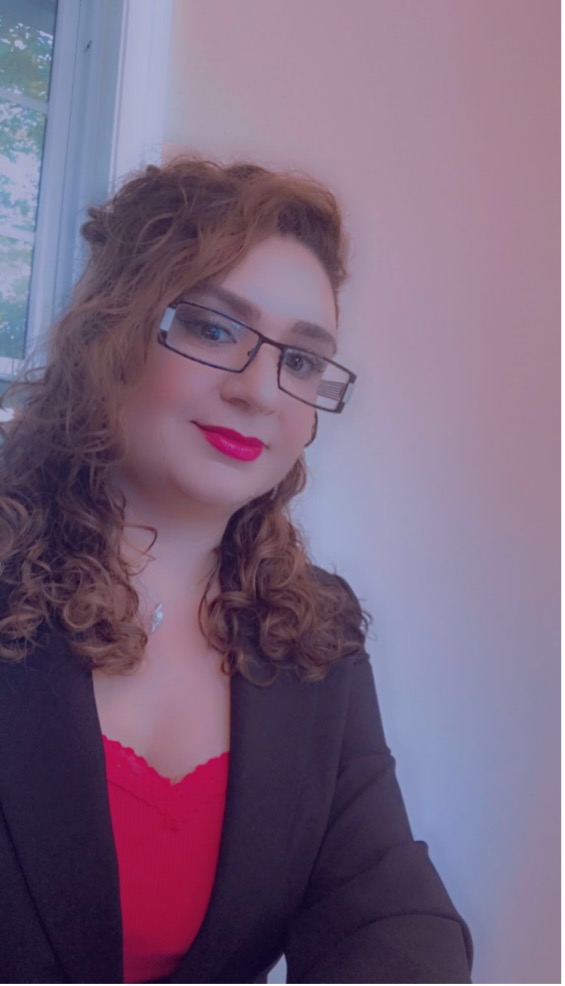
Liquaa Wazni, PhD(c), RN
Algonquins of Pikwakanagan are a First Nations community of approximately 2000 people located in Renfrew County in Ontario. There is evidence that cancer rates and deaths are worse among First Nations people compared to the rest of Canada. The reasons are complex, and include lower rates of screening and late-stage diagnoses. However, racism, poverty, social discrimination from colonial injustices and a lack of culturally safe healthcare services and supports has added to this cancer burden. We conducted a study to understand the meaning of culturally safe cancer survivorship care with Algonquins of Pikwakanagan First Nation. We present some of our findings here in the hope that they might be helpful for you in your cancer journey.
Systemic racism, and lack of well-connected services between hospital and home was a huge barrier to culturally safe care. Many people reported they do not want to go to Western healthcare providers or hospitals because of the racist behaviours they experience. Stereotypes and lack of respect by health care practitioners created painful barriers to culturally safe care. Participants also talked about the difficulties and confusion to access the Federal Non-Insured Health Benefits (NIHB) that covers costs of services not paid by provincial health plans such as medical transportation, prescriptions, medical supplies, and equipment. Misinformation and limited support to apply for NIHB created frustration and barriers to care.
Algonquins of Pikwakanagan expressed that they did not want to leave their community to receive cancer survivorship care, including for palliative care. They also felt that providers in city hospitals did not believe or trust that they or First Nations people could provide care in their communities, and this contributed to slow and disconnected services between hospital and home.
Hospital visiting policies created many barriers to Algonquins of Pikwakanagan experiencing culturally safe care. The idea of family for them is different than the Western nuclear family, and it includes a wider range of people and connections. Hospital policies that restricted the number of visitors interfered with Algonquins of Pikwakanagan feeling culturally safe. With the important role of family, care for family caregivers was highlighted as important. Caregivers found the experience of providing care to loved ones as “emotionally, physically, mentally exhausting.” Family caregivers often found themselves with new responsibilities such as navigating the healthcare system, communicating with healthcare providers, taking care of appointments, medications, and transportation, helping with personal care and standing up for the interest of their loved one. They wanted to be involved in all aspects of care but often felt too proud to ask for help, despite pushing themselves beyond their limits.
Participants explained that grief around cancer often triggers other forms of trauma because of the historical and ongoing trauma from colonization and the high number of deaths in the community.They also considered the process of grief to be personal and different for everyone, despite having a common cultural past. Therefore, they explained that many First Nations people need different types of services at different times, and not just after the passing of a loved one.
Community and family involvement is one of the most important aspects of culturally safe care for First Nations people in the cancer survivorship journey. While many people talked about the traumatic effects of colonization on every aspect of their lives, they described the powerful healing effects of their traditional cultural values, beliefs, and practices. Ceremonies and practices such as smudging; laying down tobacco, cedar, sage or sweetgrass; lighting a sacred fire; sweat lodges; or drumming were considered ‘treatments’ in the cancer journey. They explained that these cultural practices helped them connect with the creator and helped prepare them for cancer transitions. Prayer was considered an important cultural-spiritual tradition for many, as was access to traditional healers, elders, and shamans for culturally relevant services. The lack of policies and services to support traditional practices was an obstacle to culturally safe care, while feeling that their traditional practices were supported and respected promoted the well-being of patients and their families.
Culturally safe care included spiritual, emotional, mental, and physical aspects of health for Algonquins of Pikwakanagan. Stories were considered the basis for cultural teaching, and sharing knowledge was believed to create a legacy for individual and community healing.
Overall, Algonquins of Pikwakanagan showed many ways in which culturally safe care can be experienced for First Nations people. We offer these suggestions to support patients, families, and community members experience a culturally safe and grounded cancer journey.
About the Authors:
Peggy Dick, RN
Peggy Dick is a Registered Nurse and the Senior/Client Services Supervisor at the Algonquins of Pikwakanagan First Nation Health Services and Family Health Team. She leads all programs for senior care in the community and continues to support an ever-increasing number of people with cancer.
Cancer has affected so many Pikwakanagan community members, and Peggy has firsthand experience of supporting not only family but also community members through their life’s journey; cancer “care” in Pikwakanagan continues to evolve, building on the people’s lived experiences. Over the past few years, Peggy has been engaged in a research partnership with Dr. Wendy Gifford to explore the best and most effective ways to provide cancer survivorship support for the people of Pikwakanagan First Nation.
Dr. Wendy Gifford, PhD, RN
Wendy Gifford (https://wendygifford.ca/) is a Professor at the University of Ottawa Faculty of Health Sciences School of Nursing, Loyer-DaSilva Research Chair in Community and Public Health Nursing, and Co-Director of the Center for Research on Health & Nursing (CRHN). Her program of research focuses on promoting health equity with disadvantaged and marginalized groups, with a particular focus on working with First Nations, Inuit, and Metis for culturally safe health care.
Liquaa Wazni, PhD(c), RN
Liquaa Wazni is a PhD candidate at the School of Nursing and a member of the Center for Research on Health and Nursing (CRHN) at the University of Ottawa. Her research strives to address the professional mandate of social justice by bringing voices of marginalized people forward to inform programs, practices, and services to improve healthcare delivery and patient outcomes.
Shokoufeh Modanloo PhD, RN
Shokoufeh Modanloo is a Registered Nurse (RN) and postdoctoral researcher at the University of Ottawa, through her community-based participatory research she works toward Health Equity in Maternal-Newborn Care for marginalized populations in Canada. Twitter Handle: @shokoufehmdl
References
Peggy Dick1, RN &; Shokoufeh Modanloo2 PhD, RN, Liquaa Wazni2 PhD (c), RN, Wendy Gifford2, PhD, RN
1 Citizen of Algonquins of Pikwakanagan First Nation
2 University of Ottawa
